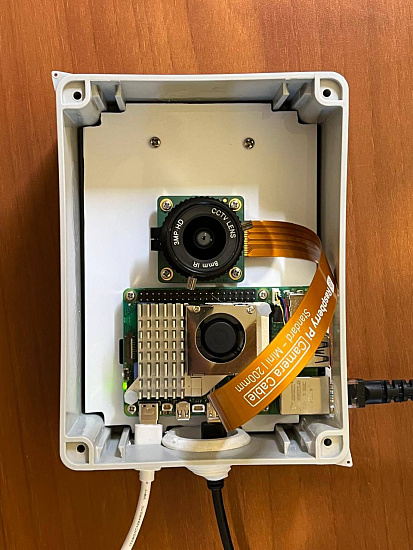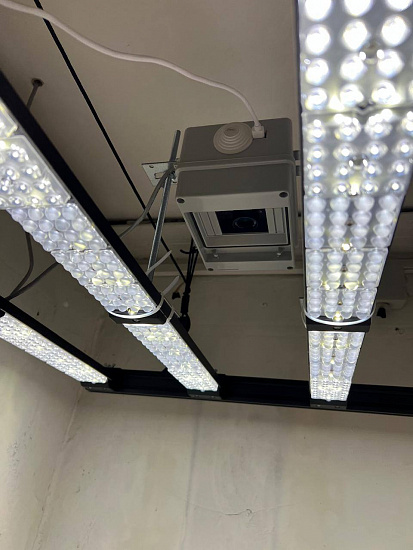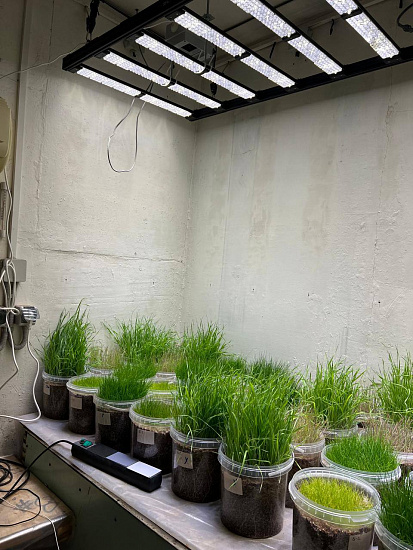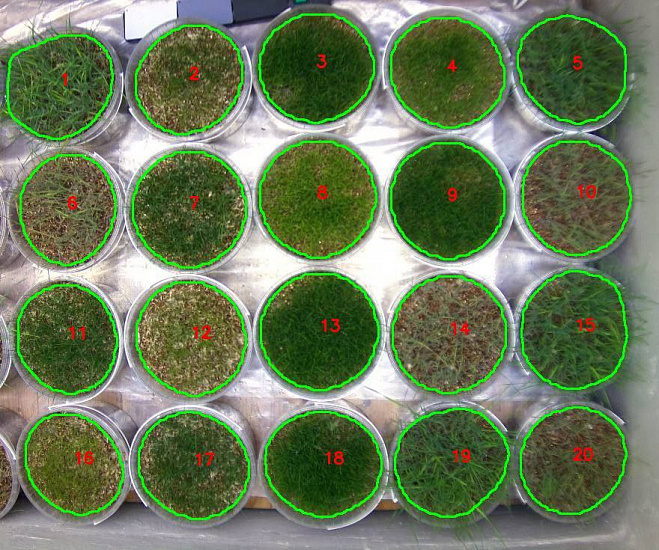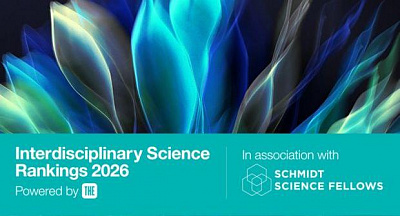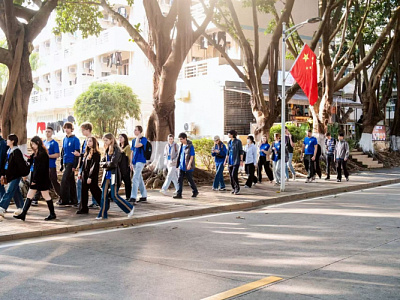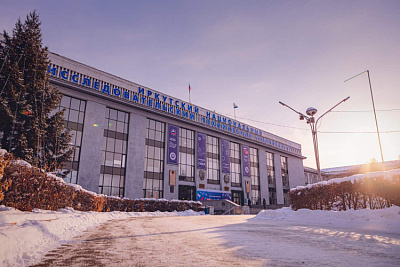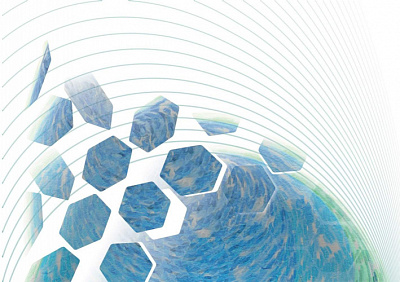INRTU Student Pavel Sobolev Creates High-Precision 3D Plant Models for Agriculturists from Russia and China
INRTU student Pavel Sobolev is the author of a program that creates high-precision 3D models of plants. The IT service-defined phenotype includes height, volume, leaf area, leaf angle, symmetry, and biomass of decorative and agricultural crop plants. The project aligns with the Priority 2030 program and will be in demand by agriculturists: they will be able to increase the plants’ resilience to external conditions and yield.
Pavel Sobolev is mastering artificial intelligence and computer science at the Baikal School of BRICS. Previously, he carried out research on video recording quality control using neural networks. The results were recognized as the best at the university competition “Vanguard of Science – 2024”. Additionally, Pavel conducted monitoring of IP cameras in industrial conditions, where he applied the YOLO neural network for image quality control. On this topic, the student published a scientific article in English.
In addition, Pavel Sobolev completed an internship at Matrosov Institute for System Dynamics and Control Theory of the Siberian Branch of the Russian Academy of Sciences, where he now works as a research intern. Using computer vision technologies, the INRTU student analyzes the development of plant samples from the Siberian Institute of Plant Physiology and Biochemistry of SB RAS. The research is currently supervised by Nikolai Dorofeev, Deputy Director for Applied and Innovative Work at SIPPB SB RAS. The scientific supervisors from INRTU are Professor Alexander Afanasiev and Senior Teacher Zhanna Afanasyeva.
Pavel Sobolev is working on a system prototype. He is assembling a setup consisting of two synchronized cameras and lighting, and developing an algorithm for constructing high-precision 3D plant models and their analysis using a neural network model. Thus, the digital phenotype – a point cloud or polygon mesh – will be created automatically based on a set of photographs taken from different angles.

“Using the 3D model, the system will analyze the morphological characteristics of selected crops. With the help of computer vision technologies, we will learn how the plants’ shape changed over time; assess symmetry, and other leaf parameters. All this is necessary for selection and monitoring under controlled conditions by agriculturists.
The system can be integrated into analytical platforms existing in the industry, as well as used as an independent tool for 3D phenotyping,” said Pavel Sobolev.
The advantages of the development, Pavel Sobolev says, are its low cost, the possibility of self-assembly and on-site maintenance, and adaptability to users’ tasks. Demand for such digital technologies is growing every year in Russia and abroad.
“We offer domestic software costing up to 150 thousand rubles, while foreign analogues cost up to three million rubles. Our platform will be applicable for solving tasks faced by agriculturists all levels today – from students and research institute staff to greenhouse farm owners and large holdings. Even now, researchers from Chinese universities are showing interest in our project,” the student noted.It should be noted that with this project, Pavel Sobolev is participating in the federal “UMNIK” contest of the Foundation for Assistance to Small Innovative Enterprises. He is applying for funding of 500 thousand rubles. In his application, the student specified that the development addresses tasks outlined in the Strategy of Scientific and Technological Development of the Russian Federation. This includes creating products based on big data processing results and using machine learning and artificial intelligence technologies.
The photographs were provided by Zhanna Afanasyeva.
